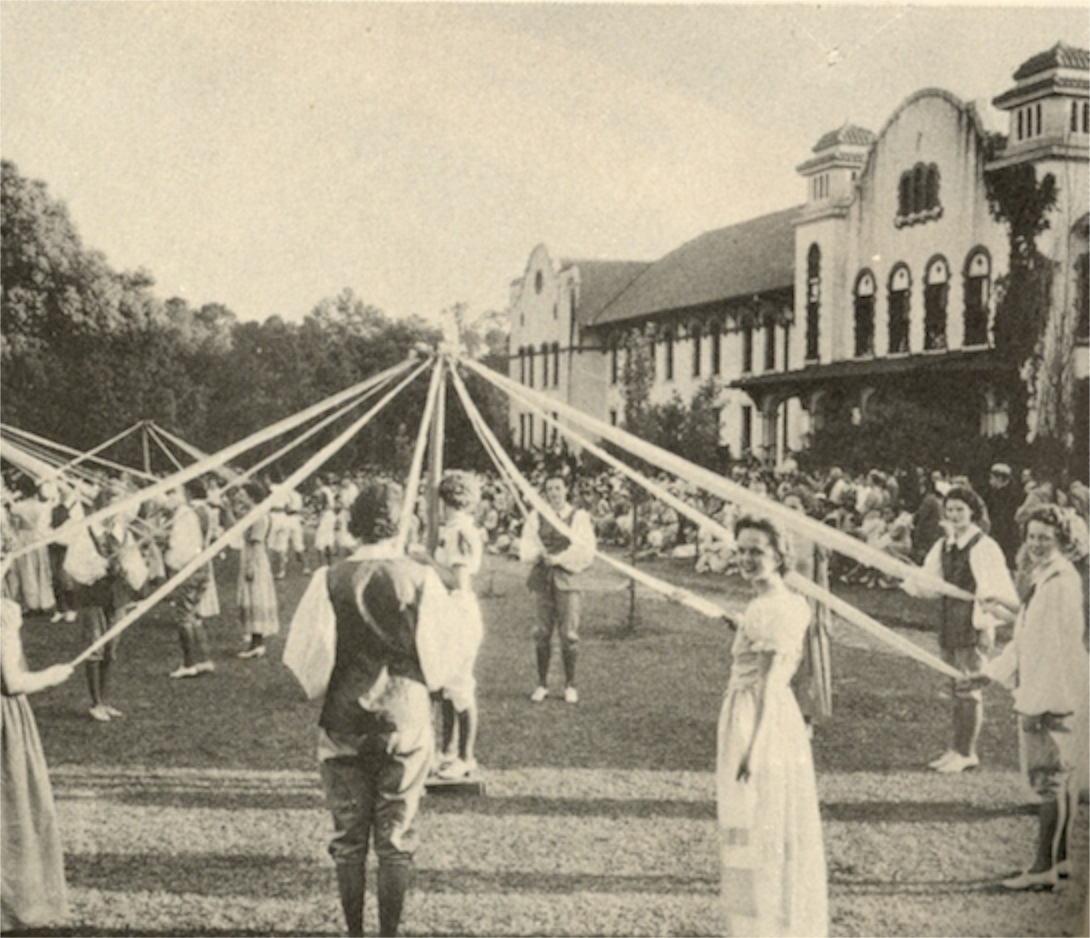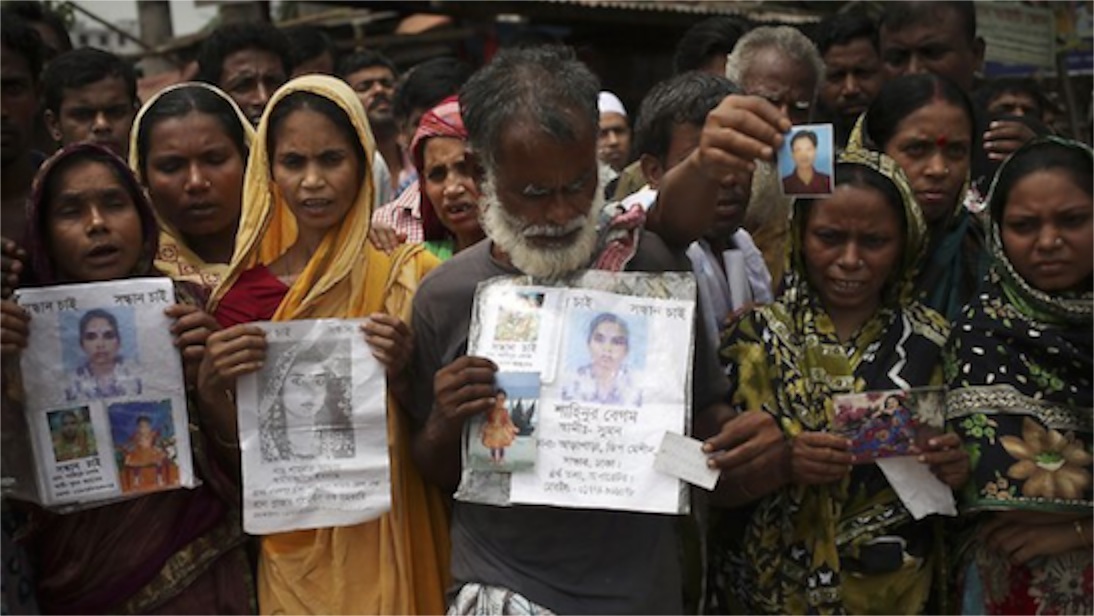May Day 2013
01/05/13 05:41

Happy May Day! It isn’t one of the big public holidays in this part of the world, but most of us have some memory of making up May baskets with spring flowers and delivering them to neighbors. There are some interesting old pictures of celebrations involving a May pole, but I’m not thinking that I’ll be seeing much of that kind of activity around here this year. The trees do appear to be ready to start to leaf out and spring seems to be getting underway but with blizzards and cold temperatures in the past three weeks, we’re a bit slow with spring this year.
May Day celebrations date back to pre-Christian times. The Romans celebrated Flora, the goddess of flowers. In Europe before the coming of Christianity, May 1 was often observed as the beginning of summer. June 21, the day we recognize as the beginning of summer, was declared to be midsummer in those cultures and times. With the coming of Christianity, May Day celebrations tended to focus more and more on Mary, the mother of Jesus. In some places May is observed as Mary’s’ month. In some places a crown of flowers is made to place on statues of Mary.
It seems appropriate for us to celebrate May Day as the beginning of spring around here. The grass is green, the temperatures have been rising and our thoughts are turning to gardens after a winter that was mild and dry, but ended with he flourish of three spring blizzards in the last three weeks of April.
In more than 80 countries around the world the First of May is recognized as International Workers’ Day. Although often associated with communism, the holiday has a distinctly American heritage. In 1888, police were trying to disperse a gathering of people during a general strike in the city of Chicago. The strike was an attempt to institute an eight-hour workday. What actually happened is unclear and we may never fully know the details but at some point in the demonstration a bomb was thrown and the police reacted by firing directly into the crowd. Hundreds of rounds were fired and four demonstrators were killed. The tradition of lighting bonfires on May 1 in memory of those killed spread around the world as did the call for an eight-hour workday.
These days we forget how hard-fought were the battles to achieve such things as a regular days off for workers, a reasonable amount of time off each day for rest and family, health and retirement benefits and other things that we take for granted. Here in the United States the observances of Labor Day have largely moved to September.
There is, however, a continuing need to remember workers around the world. There remains much work to be done to assure the safety of workers. Two weeks ago, while the attention of the international media was focused on Boston and the Marathon bombings, an eight-story garment factory near Dhaka in Bangladesh collapsed. More than 400 bodies have so far been pulled from the rubble, with more than 600 people still unaccounted for. The building was a clothing factory. It will go down in history as the worst accident to date in the clothing industry.
It is worse than the 1911 Triangle Shirtwaist Factory fire in New York City, which led to better conditions in United States sweatshops.
It is worse than the 1993 Bangkok toy factory fire, which killed 188 workers, mostly women and teenage girls, after the stairwells collapsed and fire exits were blocked.
It is worse than the Ali Enterprises factory fire in Pakistan last September where 289 people died.
It is worse than the Tasreen Fashions factory fire in November, which killed at least 112 people.
Horrible accidents are becoming more and more common as sweatshops in impoverished countries manufacture ever-cheaper garments for our markets. Bangladeshi manufacturing is an $18 billion business. Textile jobs have been moving to that country from China because of even cheaper labor.
The workers in the factory were earning an average of $37 per month.
There is something wrong with a world where people risk their lives and die in unsafe conditions for pennies per day so that we can have cheap t-shirts. The global search for the lowest wages has made us a part of the problem. “Always low prices,” means low wages. Our constant supply of inexpensive consumer goods comes at a terrible expense for workers in other places.
And sometimes it seems as if we don’t care.
I understand our attention on the Boston Bombings. I have been reading article after article about what occurred there. I have no understanding of the mind of a terrorist and am horrified by those who place bombs that are assured to claim innocent lives. The bombings were the first terror attack on U.S. soil since the attacks of 9/11. The deaths of three innocents in the blasts and the death of a brave MIT police officer are appalling. The injuries of more than 260 cannot be ignored. We mustn’t forget that there are still 20 people in the hospital as a result of the blasts.
But more than $30 million has been raised to assist victims and the American Orthotics & Prosthetic Association is creating a coalition to help victims with their medical expenses. The country has rallied in support of the victims of this senseless act. Terrorism is unquestionably an evil in our world.
But so is the abuse of workers in near-slavery conditions. And the quest for cheap consumer goods has lead to far more injuries and deaths than the crimes of terrorists.

So it seems appropriate this May Day to shed a tear with the families of those missing and feared dead in the Bangladesh garment factory. It seems right to confess the link between our buying patterns and the tragedy in a distant land. It seems necessary to work for changes in a world that still is home to great evil and injustice.
May we remember the work of those who make the things we use as we celebrate May Day this year.